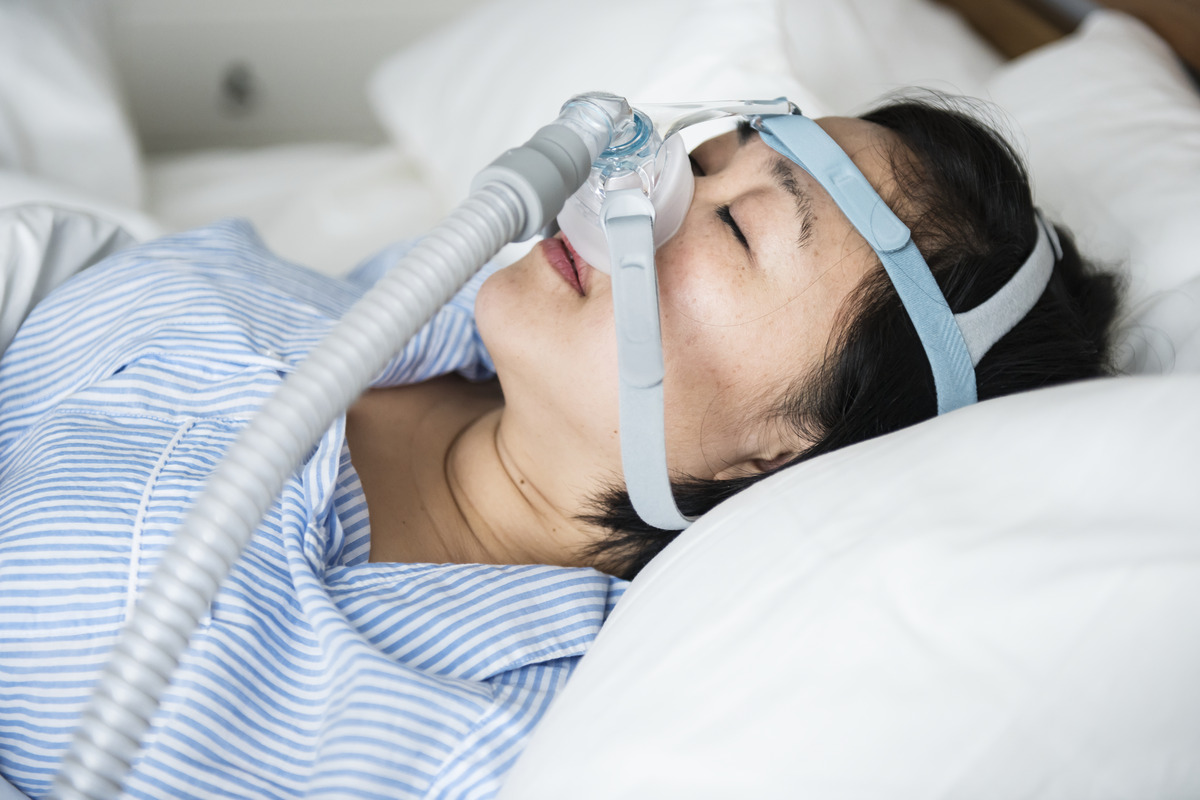
Sleep apnea is a common disorder that affects the lives of many people. As we proceed, we will explore what sleep apnea is, its symptoms, and diagnosis tips. If you think that you have sleep apnea, then consult a dentist near you for an appropriate evaluation and treatment.
Understanding Sleep Apnea
Sleep apnea is a disorder in which breathing stops and then starts again during sleep. Due to this, your brain and the rest of your body may not get enough oxygen. This condition can cause many other health issues.
Types of Sleep Apnea
There are three main types of sleep apnea:
- Obstructive sleep apnea: This is the most common type of apnea. It happens when your airway becomes repeatedly blocked when you sleep because of the muscles in your throat.
- Central sleep apnea: This is a less common form of apnea. It happens when your brain doesn’t send the right signals to the muscles that control your breathing.
- Complex sleep apnea syndrome: Also called treatment-emergent central sleep apnea, this takes place when an individual suffers from OSA and CSA.
Common Signs and Symptoms of Sleep Apnea
Many individuals do not recognize they have sleep apnea, although it can lead to numerous health issues. Here are some symptoms of sleep apnea:
Daytime Symptoms
A person suffering from sleep apnea may become extremely sleepy and tired during the day. This is because their sleep is interrupted during the night. Here are the five common signs to look for:
- Excessive daytime sleepiness: Despite getting a full night’s sleep, a person experiences excessive daytime sleepiness throughout the entire day.
- Difficulty concentrating: One may find it hard to focus on something or remember things.
- Mood change: Irritation, depressed, or anxious.
- Morning headache: Waking up with a headache.
- Dry mouth or sore throat: Waking up with a very dry mouth or having a sore throat.
Nighttime Symptoms
Untreated sleep apnea can lead to several health issues. Here are some common nighttime symptoms of sleep apnea:
- Loud snoring: Loud snoring is a sign of sleep apnea, especially if it’s irregular.
- Gasping: Waking up suddenly with a feeling of choking or gasping.
- Restless sleep: Repeated tossing and turning during the night is a sign of restless sleep.
- Frequent urination: Waking up several times each night to urinate is an indication of sleep apnea.
- Excessive sweating: Excessive sweating at night.
Health Risks Associated with Untreated Sleep Apnea
Sleep apnea, if not treated, can lead to other health problems and might require immediate sleep apnea treatment near you. Here are some risks of untreated sleep apnea:
- High blood pressure: Increased blood pressure is one of the most common indications of sleep apnea.
- Heart issue: Untreated sleep apnea has a high chance of heart issues like heart failure or even heart attacks.
- Stroke: If you have sleep apnea, you have a high chance of having a stroke.
- Diabetes: Type 2 diabetes is more likely to develop in those with sleep apnea.
- Liver issues: Liver function issues can arise in those who suffer from sleep apnea.
- Complications with surgery and medication: This sleeping disorder may alter your body’s response to anesthesia and pain medications.
Diagnosis Tips
If you think that you or the person near you is experiencing a sleep disorder, consult with your dentist for sleep apnea treatment in Dacula to solve your issue. The following are some diagnosis tips for sleep apnea:
- Medical history: The doctor will ask about the symptoms and health history to know whether anyone in your family has sleep apnea.
- Physical examination: The dentist will examine blockages in your throat, mouth, and nose. They will also measure your weight and blood pressure.
- Sleep study: The most common type of test for sleep apnea is a sleep study. It records brain activity, eye movements, heart rate, breathing, and oxygen levels while one is sleeping. It can be conducted at a sleep center or sometimes at home.
- Home sleep apnea test: Some may be prescribed a home sleep apnea test. A simpler test that measures breathing and oxygen levels while asleep at home.
- Questionnaires: These are used to document your pattern of sleep, excessive daytime sleepiness, and other symptoms.
Comfortable Sleep Starts with Expert Treatment!
At Lanier Valley Dentistry, we offer multiple services in a welcoming environment. Our qualified team of dentist in Hamilton Mill values our patients’ dental health and comfort. We utilize the latest technology to ensure precision and comfort during each procedure. Schedule a consultation now to begin your journey toward a happier and more confident smile.


